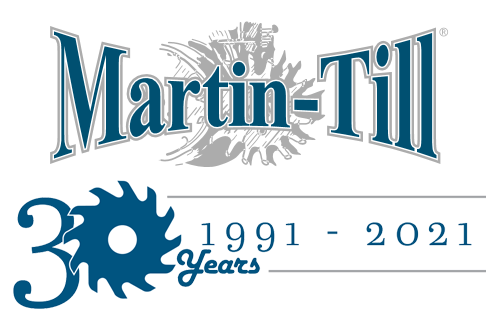Fielding, New Zealand's Dr. John Baker has been studying no-till practices for over 50 years. He launched a project at Massey University in 1967 that sought to identify and correct the reasons why early no-tillage sometimes failed around the world. Since then he's published 80 international scientific papers on the science of no-tillage machinery. He's currently the CEO and Chairman of Cross Slot No-Tillage Systems.
"The science and practice of no-till has passed the point of no return," Baker says. "It is within sight of becoming the most common method on the planet for seeding arable crops."
Baker says early research on the topic still holds relevancy, pointing to a 1957 study by Massey University's Mervyn Cross, which identified the following requirements needed in a no-tillage machine:
- It should leave a plant-free track about 1.5-2 inches wide and of a uniform shallow depth under all types of vegetative cover and soil conditions.
- It should open a furrow continuously from one end of the field to the other with coulters. This will require independently mounted coulters, which will follow surface variations.
- It should distribute seed and fertilizer uniformly along the furrow at the required rates and deal with a wide range of small, large, smooth and hairy type crop seeds.
- Leaving loose or standing vegetation should not keep seeds from being covered with soil.
- While obstructions such as roots or stones should present no problems, the machines must have a reasonably high working speed.
- It would be desirable if the machine or its components could be used for other work such as overseeding so initial costs may be spread over a number of different seeding tasks.
"While it's been more than 60 years since these requirements were identified, they're still critical to the success of no-till today," Baker says. "The world's food production industry must rekindle its interest in rebuilding soil health through residue retention if farmers are to continue to feed an increasing number of hungry mouths. We're not there yet, but there's little doubt that low disturbance no-till will eventually get us there."
The No-Till Passport series is brought to you by Martin Industries.
Since 1991, Martin Industries has designed, manufactured and sold leading agriculture equipment across the U.S. and Canada. Known for Martin-Till planter attachments, the company has expanded to include a five-step planting system, closing wheel systems, twisted drag chains, fertilizer openers and more in their lineup. Their durable and reliable planter attachments are making it possible for more and more farmers to plant into higher levels of residue.









Post a comment
Report Abusive Comment